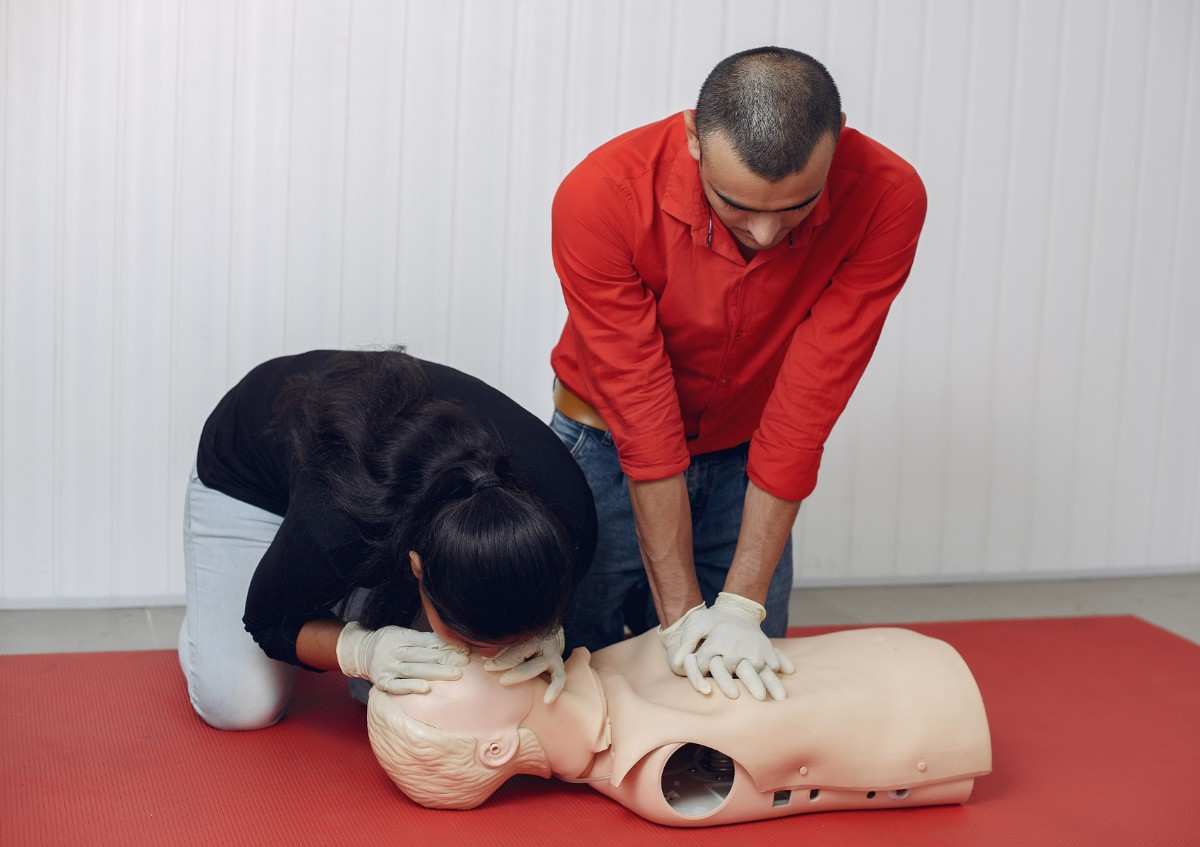Do you constantly have recurring headaches, memory loss, numbness, or coordination problems? These are possible indications of an underlying neurological disorder. Neurological disorders are associated with the brain, spinal cord, and nerves and cause numerous complications that affect everyday life.
Early diagnosis is the key to the treatment of neurological disorders, enhancing the outcome of treatment, and avoiding life-threatening complications. In this blog, we will discuss common neurological disorders, why early diagnosis is important, how to avoid them, and the best available treatments.
Millions of people all over the world are suffering from neurological disorders, ranging from mild to severe in nature. Some of the most prevalent ones are:
1. Stroke
Stroke is the stopping of blood to the brain, and brain cells get damaged. It causes sudden numbness, difficulty in speaking, and loss of coordination. Prompt medical care can reduce damage.
2. Alzheimer's Disease and Dementia
These are degenerative diseases of the brain involving memory, thought, and conduct. The signs at the onset are forgetting, confusion, and problem performing common activities. Early treatment will be in a position to slow the progress.
3. Parkinson's Disease
An imbalance of movement, Parkinson's is responsible for producing tremor, stiffness, and unsteadiness. Early and mild signs are tremor of hands and fluctuation of handwriting or speech.
4. Epilepsy
Epilepsy is the medical condition under which the nervous system suffers recurring seizures. These can range from momentary staring spells to seizures accompanied by convulsions. Dietetic treatment along with medicines could cure the disease.
5. Multiple Sclerosis (MS)
An autoimmune disease in which the immune system destroys the insulating sheath of nerves, causing weakness of muscles, blurred vision, and coordination. Early diagnosis can retard deterioration.
6. Migraine
Recurring migraines cause intense headache, nausea, and photophobia and phonophobia. Early treatment and identification of the triggers can minimize their frequency and intensity.
Early diagnosis can:
•Encourage Treatment Outcomes: Early medical care delays the progression of the illness and improves treatment efficacy.
•Prevent Severe Complications: Early treatment of neurological problems eliminates the risk of long-term impairments.
•Improve Quality of Life: Patients can better manage symptoms with early treatment, improving the quality of life.
•Help with Better Planning: Patients and families can make future care and lifestyle adjustments.
While certain neurological diseases are genetic or inescapable, a healthy lifestyle can minimize the risk to a large degree. The following are essential preventive measures:
Treatment is different depending on the type and severity of the disorder. Most treatment programs include:
•Drugs: To control symptoms, retard disease progression, and avert complications.
•Physical Therapy: Enhances mobility, strength, and coordination.
•Surgical Intervention: In instances such as brain tumors, epilepsy, or extensive nerve damage.
•Lifestyle Modification: Appropriate diet, exercise, and stress management are vital in controlling neurological disorders.
•Emerging Therapies: Methods such as deep brain stimulation (DBS) for Parkinson's disease and cognitive therapy for dementia enhance patient outcomes.
We hope this blog has been useful and helpful with regard to common neurological diseases, symptoms, and the significance of early diagnosis. Early diagnosis of neurological diseases can greatly enhance the rate of cure as well as the quality of life of a patient.
If you or your loved one is showing symptoms of neurological disease, do not waste time getting it attended to. Book an appointment with our board-certified neurologists at ANS Hospital today for early diagnosis and optimal treatment.
 Innovations in Pediatric Surgery: A Look at Modern Techniques
Innovations in Pediatric Surgery: A Look at Modern Techniques
 Understanding Critical Care: When is ICU Admission Necessary?
Understanding Critical Care: When is ICU Admission Necessary?
 The Benefits of Nanotechnology in Reducing Knee Replacement Recovery Time
The Benefits of Nanotechnology in Reducing Knee Replacement Recovery Time
 CPR in Trauma Cases: Why It's Critical for Survival Before Hospital Care
CPR in Trauma Cases: Why It's Critical for Survival Before Hospital Care